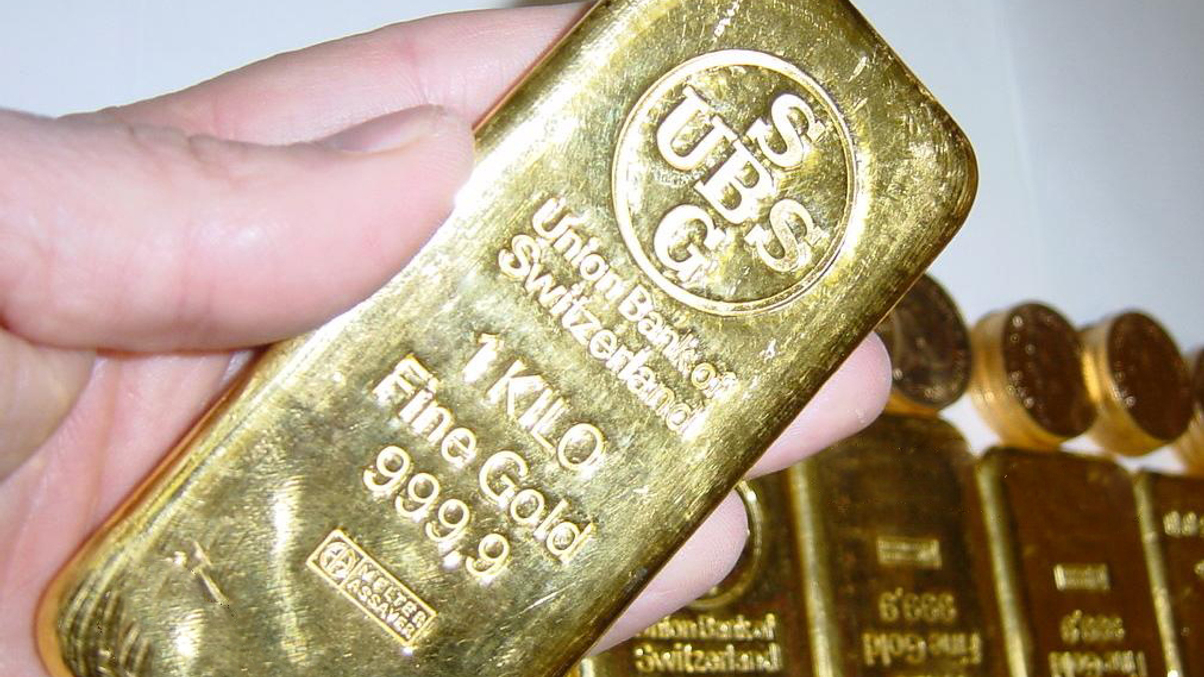EM central banks continue to buy gold in Q2
Asian central banks have been less active than those in other emerging markets, and European central bank activity remains flat. But other investors are showing strong demand.

Continuing uncertainty over how to deal with inflation and ongoing developed-country debt worries led certain emerging-market central banks to boost their gold holdings in the second quarter, says the World Gold Council (WGC). Exchange-traded funds and other investment products have also seen significant net inflows.
Sign in to read on!
Registered users get 2 free articles in 30 days.
Subscribers have full unlimited access to AsianInvestor
Not signed up? New users get 2 free articles per month, plus a 7-day unlimited free trial.
¬ Haymarket Media Limited. All rights reserved.


